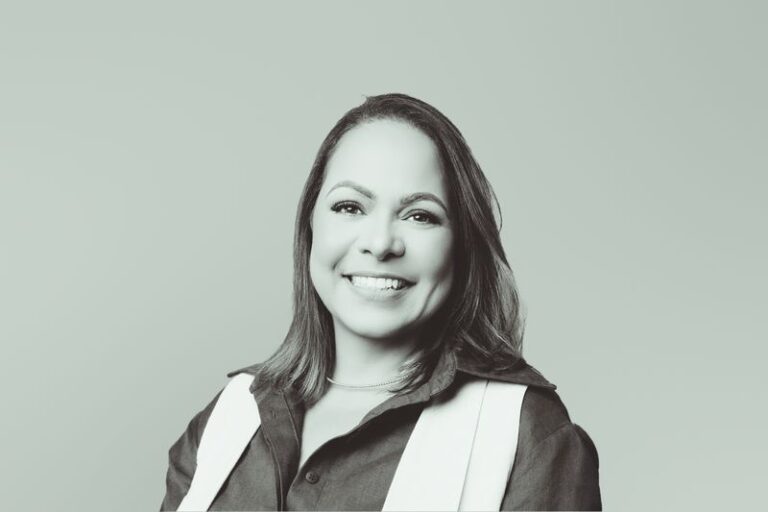Control, complexity, heritage and longevity in the family business

There are themes that reoccur as challenges in the operation of family businesses. These are control, complexity, heritage/ identity and longevity. This piece will comment on each of these challenges. Often, they are the foundation of the legal matters that my colleagues and I deal with as corporate and finance matters at nexa law.
Mounting academic research indicates that family involvement impacts business performance differently depending on the complexity and size of the business. A small family firm with fused ownership and management may lend itself to very efficient and lean governance. A larger concern may require outside investment to grow the business or improve its performance. The larger firm may also require a professional managerial cadre. If so, the family role at the board of director level becomes much more important to develop and regularize. Figure 1 summarises such issues.
| Attributes | Opportunities | Challenges | |
| Management |
100% nonfamily
100% family |
Superior management expertise, given the broader population of managers to select from
Efficient leadership, preservation of tacit knowledge |
Agency conflicts: control of nonfamily managers, expensive incentives, loss of family firm specific culture.
Lack of expertise among family managers, conflicts |
| Ownership |
Family with minority stake
100% family |
Access to non-family capital and opportunities for growth
Powerful position of family, tight control of the firm and its values |
Reduction of family influence and reduced focus on family goals; short termism
|
| Governance |
100% non-family
100% family |
Independent advice and control
Ensured family control |
Loss of family influence
No access to external expertise and control |
Figure 1
[Adapted from Zellweger 2017]
Complexity can arise in several ways, but it is likely to arise with expansion as the business takes on professional managers, breaking the fused owner-manager routine of the smaller, start-up phase of the business. With the loss of agility come owner-manager agency issues. Yet such a business is now a better prospect for outside finance. To obtain that additional finance for expansion, the features of better coordination, communication and governance need to be embedded in the family business and often can be implemented through the formal separation of ownership and management. Indeed, the degree of quality of these features may even reduce the cost of capital for the business. This complexity may grow with each new generation of the family as the family size grows. Yet in parallel, there is the threat of loosening individual identification between the family members and the business, which in turn needs addressing to retain the positive aspects of family business ownership.
Family businesses vary in their set up. An entrepreneur gives birth to one enterprise to foster and grow which is a legacy to their family. The mindset consciously changes to a family firm as family members of the entrepreneur become involved in the business. Further along the growth spectrum, a family may have established several businesses (or invested into several businesses). This changes the family mentality from family business to business family. They now have a conscious investor role rather than a nurture role. This relative diversity of business activity may be to preserve wealth, and it is associated with a change – usually a lessening – in attitude to entrepreneurial risk with a concomitant need to quantify and contain risk.
To summarise, developing complexity along the organizational set-up spectrum suggests a move from entrepreneurship embracing Knightian uncertainty and Schumpeter’s creative destruction to financial theory driven investment management, from industrial expertise to portfolio management, and from long term commitment to having a sense for entry and exit from investments. Yet even with greater corporate sophistication and use of investment management, families still often have one or a few outsized eggs in their portfolio nest as a result of their business history. The past also leads to having knowledge in the present that weighs the investment portfolio towards certain business sectors in which the family has strong market knowledge. This provides the benefits of efficiency and building on the family’s existing reputation.
It may also satisfy the family’s sense of heritage, identity and role. A family’s sense of heritage and role has economic and non-economic dimensions in a family business across the spectrum of set up complexity. Does a family prioritise a family goal or a business goal? What comes first -family or business? Does the family have a strong sense of loyalty to the firm reputation and benevolence to its stakeholders? Alternatively, does the family focus on innovation, growth and profit?
The longevity of family involvement develops the strength of family firm identity. The longer the legacy, the stronger the sense of history and emotional attachment to the firm. In the first generation, the founder’s strong entrepreneurial spirit overcomes concerns about the sustainability of the business. The entrepreneur develops a sense of a legacy to pass to their family. As the business passes down the generations, succession planning is needed in terms of ownership and management of the business with a long-term horizon, building up the family business network, reputation and association with the business and its activity. However, this commitment and identity may dilute over generations in cadet family branches which are not directly involved in family business management, leaving them with only a sense of financial interest in the firm.
Each family business has its unique mix of the issues I have sketched out. With my Nexa colleagues, I am available to assist readers with these issues which often underlie company set up, shareholder agreements, alteration of articles, family charters, due diligence assessments, finance transaction documentation, agreements of many kinds, trusts, employment contracts and more. We look forward to talking to you.
For more information please contact Henry Clarke using henry.clarke@nexa.law







